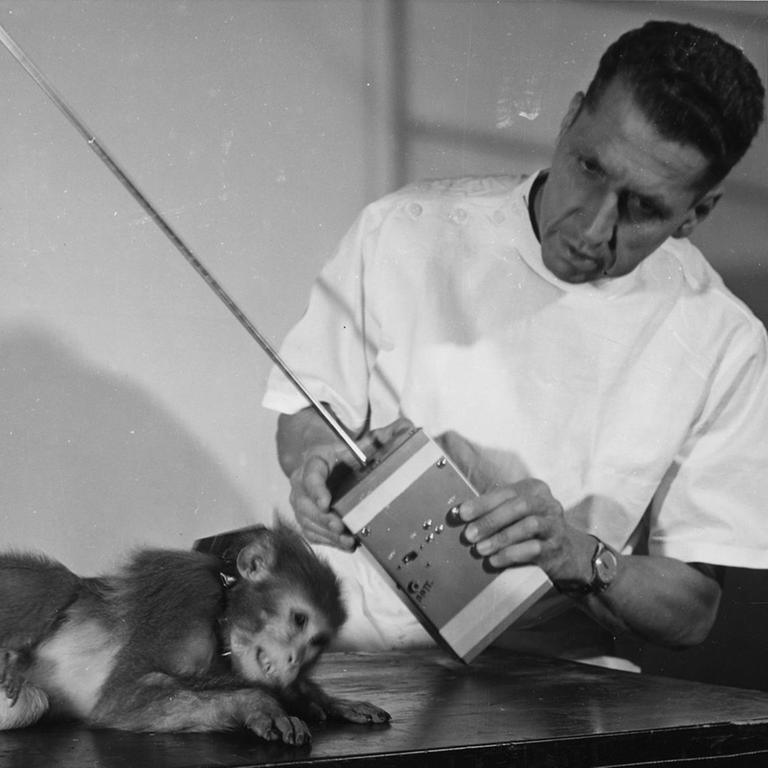The Impact of Jose Delgado on Neuroscience

Introduction
Jose Delgado, a prominent figure in the field of neuroscience, garnered international recognition for his groundbreaking research on the brain and its influence on behavior. His work has not only shaped the scientific understanding of neurological processes but has also sparked discussions regarding ethics and the potential applications of brain research in the real world.
Key Contributions
Born in 1915 in Spain, Delgado’s interest in biology and psychology led him to pioneer methods of brain stimulation. One of his most notable experiments involved the implantation of electrodes in the brains of animals, which he used to control their behavior remotely. This work culminated in the famous 1965 demonstration in which he successfully stopped a charging bull by stimulating its brain wirelessly.
Delgado’s experiments showed that specific brain areas could directly influence emotions and actions. His research advanced the fields of psychosurgery and neurostimulation, and he contributed to the early development of techniques that would eventually lead to treatments for severe mental disorders and epilepsy.
Ethical Considerations
While Delgado’s work opened the door to many possibilities, it also raised fundamental questions about consent, free will, and the ethical implications of manipulating behavior. His findings prompted debates about the use of brain stimulation in humans and the potential risks associated with such interventions. Many advocates call for strict ethical guidelines in neuromodulation research to protect patients and ensure informed consent.
Recent Developments
Today, the legacy of Jose Delgado is evident in various modern technologies aimed at understanding and treating neurological conditions. Neurostimulation techniques, such as deep brain stimulation, are now widely used for treating Parkinson’s disease, depression, and other brain-related disorders. Researchers continue to study the potential of brain-machine interfaces, a field that has expanded significantly since Delgado’s initial experiments.
Conclusion
Jose Delgado’s pioneering work in neuroscience remains highly relevant as technology and understanding of the brain evolve. His exploration of brain stimulation has laid a foundation for contemporary neuroscience, inspiring new generations of researchers to investigate the complexities of the brain and its influence on human behavior. As discussions around the ethical implications of such advancements continue, Delgado’s contributions serve as a pivotal reference point for the challenges and possibilities that lie ahead in the realm of brain research.
